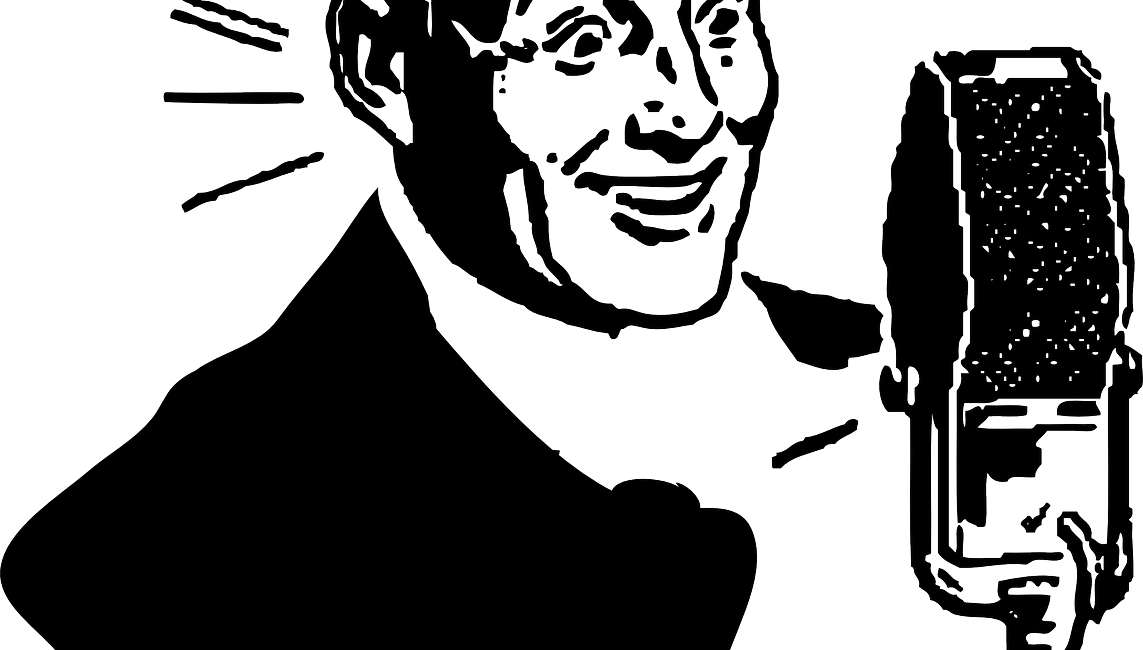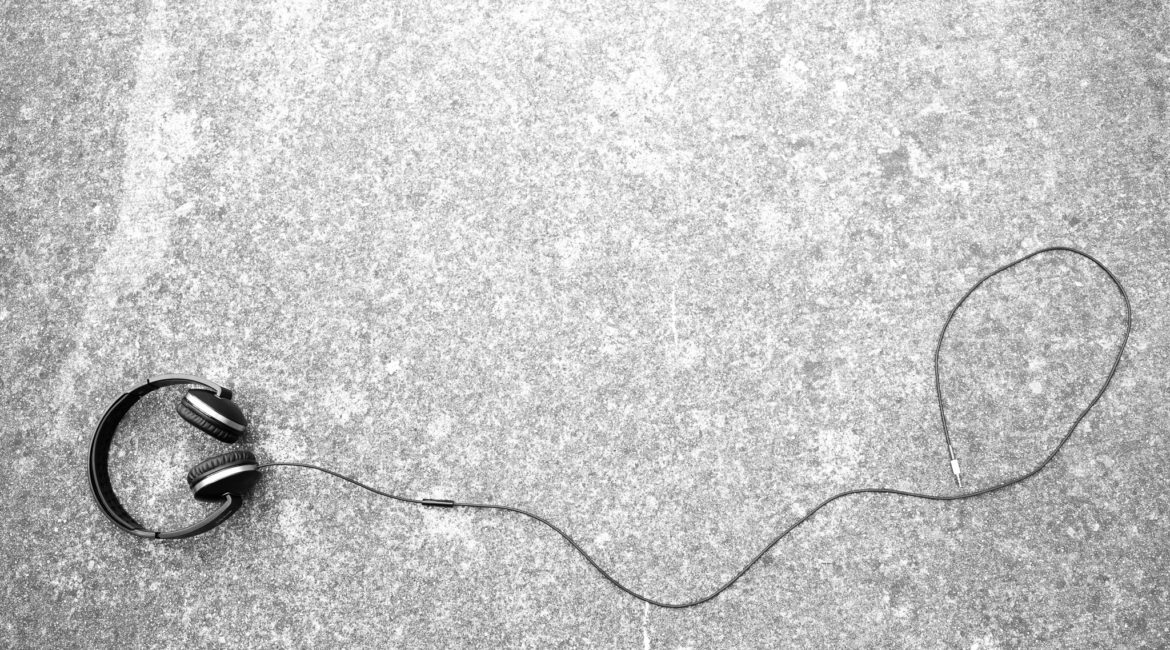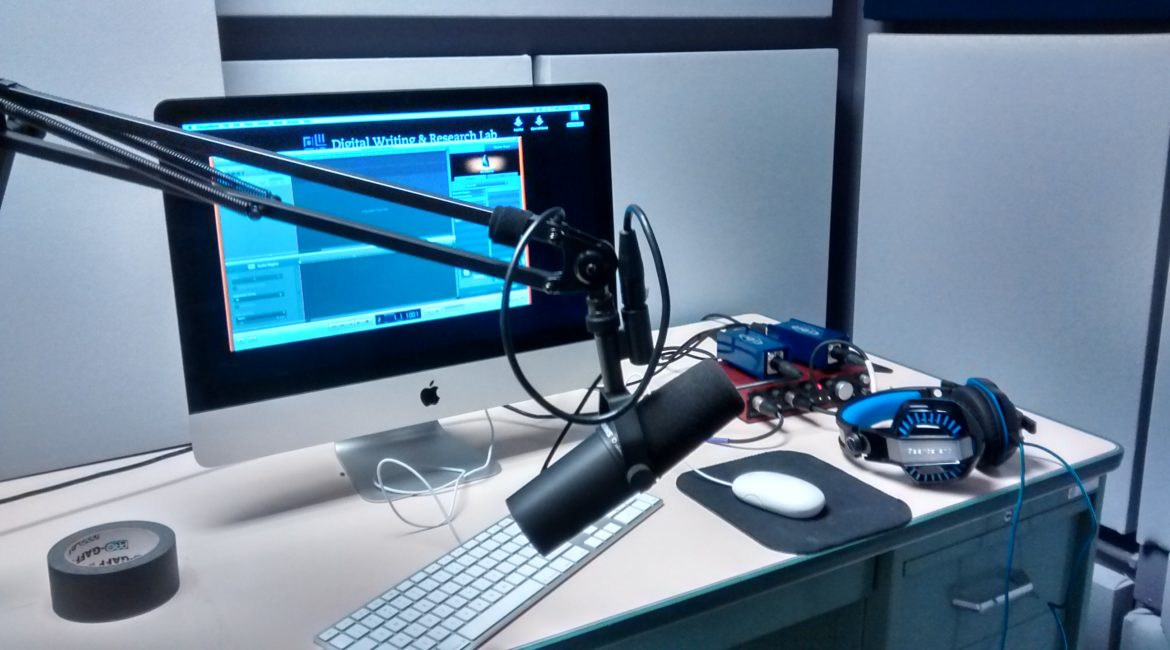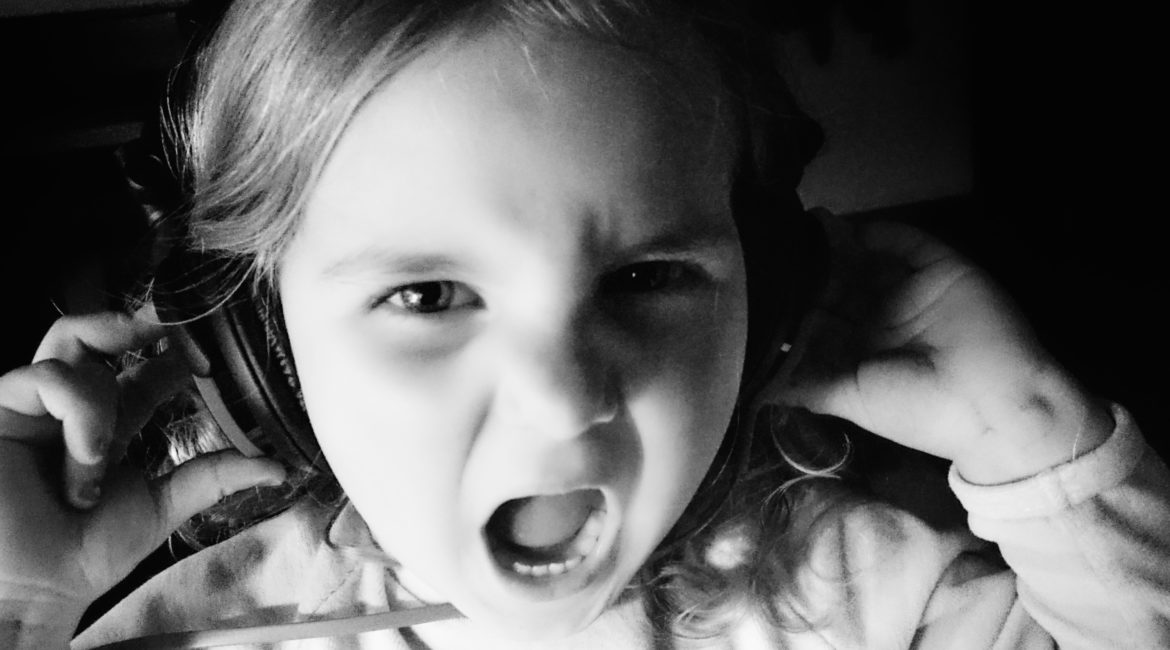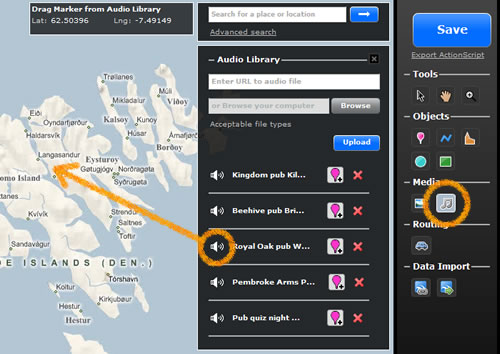As rhetoric and composition instructors, we typically have students work with written texts, both in analysis and in production. While we might ask students to answer questions about tone and prosody in written texts, often their analyses remained confined to stylistic concerns without attending to questions of delivery. What gets...
Lesson Plan: Soundscape Narration
With audio technology becoming both more advanced and also more affordable, the options for understanding and exploring the ways in which sound and image interact with one another are becoming ever more practically available. Historically, many film directors have been fascinated with the possibilities of different approaches to the use...
Lesson Plan: Genre and Music
In Carolyn Miller's foundational text in Rhetorical Genre Studies, "Genre as Social Action," (1984) she asserts the utility in studying "homely discourses." Examining the quotidian genres we interact with on a daily basis does not "trivialize the study of genres," Miller states, but it actually "take[s] seriously the rhetoric in...
Sounding Images and Imaging Sound
Image and code from wired.com Ferdinand Saussure provided a framework and vocabulary that can be applied in composition classrooms to understand the "arbitrary" nature of representational forms including sound and image. He famously gave us the vocabulary of semiotics including the “signifier" and "signified" within a framework that leaves meaning...
Lesson Plan: Failure Interviews
Image Public Domain, Flickr The goal of this lesson is for students to interview someone who has failed at something—in a small or large, invisible or spectacular way. Typically, when we conduct interviews, we target experts within a field who can dispense some knowledge for our imagined audience. For this...
Lesson Plan: Visualizing Sound by Captioning Nonspeech Sounds
Although closed-captioning is usually thought of in terms of accessibility, it also highlights the larger rhetorical significance of sound—a significance which is most notably taken up in sound studies. The convergence of rhetoric with sound studies has become increasingly salient to rhetorical theory as noted in the review essay “Auscultating...
Workshop Recap: Overdubbing Audio
The DWRL's new recording room saw its first action in the Overdubbing Audio Workshop held this past Friday. Will Burdette was at the helm, and he began by instructing participants on both audio recording equipment and strategies, with particular focus on recording in studio environments. He then provided those present...
Lesson Plan: Peer Recordings, or Revising Peer Review
[cs_content][cs_section parallax="false" separator_top_type="none" separator_top_height="50px" separator_top_angle_point="50" separator_bottom_type="none" separator_bottom_height="50px" separator_bottom_angle_point="50" style="margin: 0px;padding: 50px 0px 10px;"][cs_row inner_container="true" marginless_columns="false" style="margin: 0px auto;padding: 0px;"][cs_column fade="false" fade_animation="in" fade_animation_offset="45px" fade_duration="750" type="1/1" style="padding: 0px;"][x_image type="none" src="http://www.dwrl.utexas.edu/wp-content/uploads/2016/11/keyboard-621832_960_720.jpg" alt="Close-up shot of a black keyboard on which rests a pen and a crumpled up piece of paper." link="false" href="#" title="" target=""...
#TBT: Multimediating
In today’s #TBT post, we showcase an episode of the DWRL's rhet/tech podcast Zeugma. "Multimediating" considers the productive forms of risk and failure that come with introducing audio assignments into university writing courses. In the episode, Dr. Rita Raley, Associate Professor of English at the University of California-Santa Barbara, talks...
Cool Tools: Sound Mapping
[cs_content][cs_section parallax="false" style="margin: 0px;padding: 45px 0px;"][cs_row inner_container="true" marginless_columns="false" style="margin: 0px auto;padding: 0px;"][cs_column fade="false" fade_animation="in" fade_animation_offset="45px" fade_duration="750" type="1/1" style="padding: 0px;"][cs_text]Jazz began in New Orleans at the turn of the century and spread like wildfire in the 1920s, as men and women who perfected the genre booked gigs in Austin, Chicago, and...


